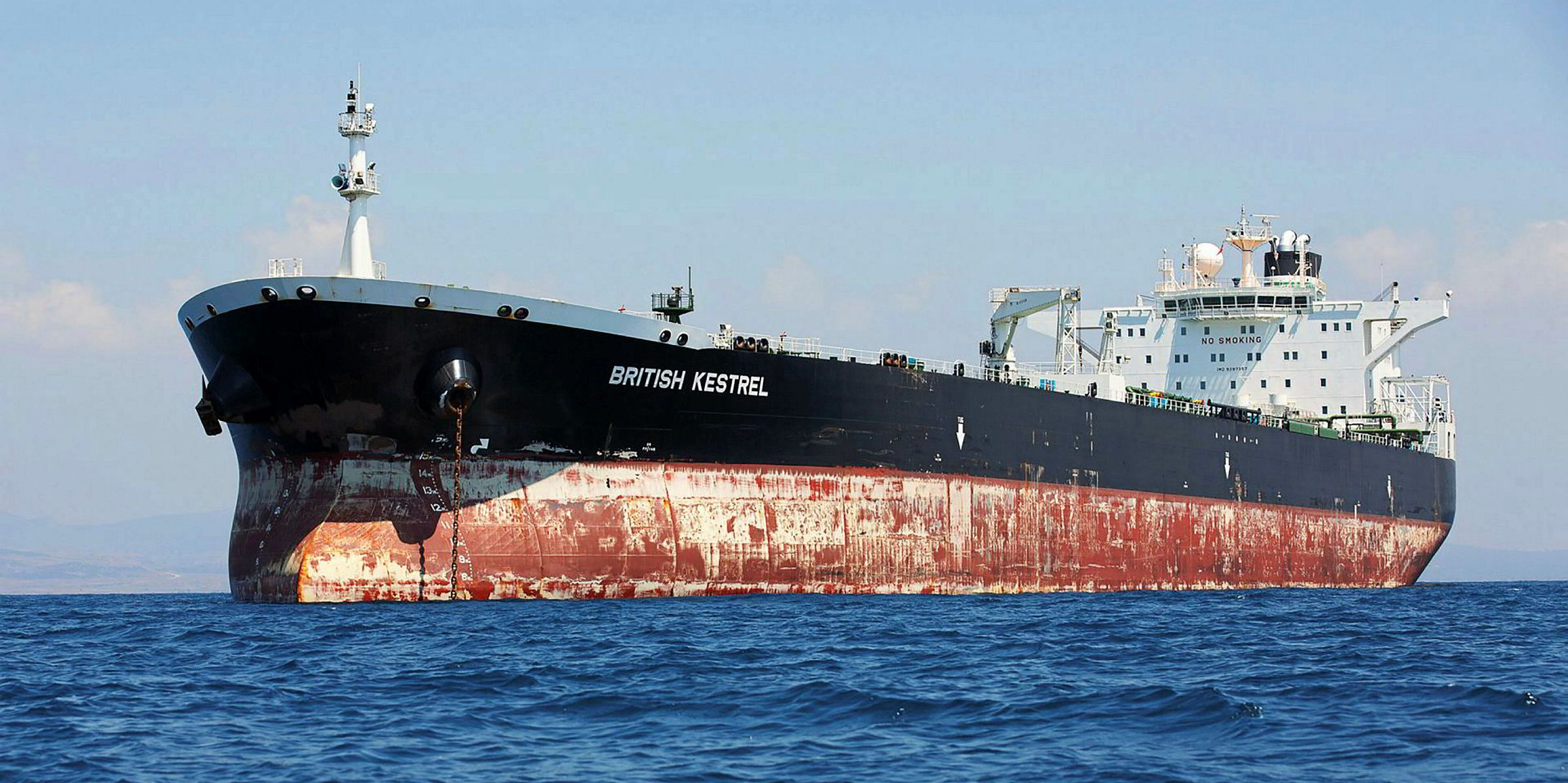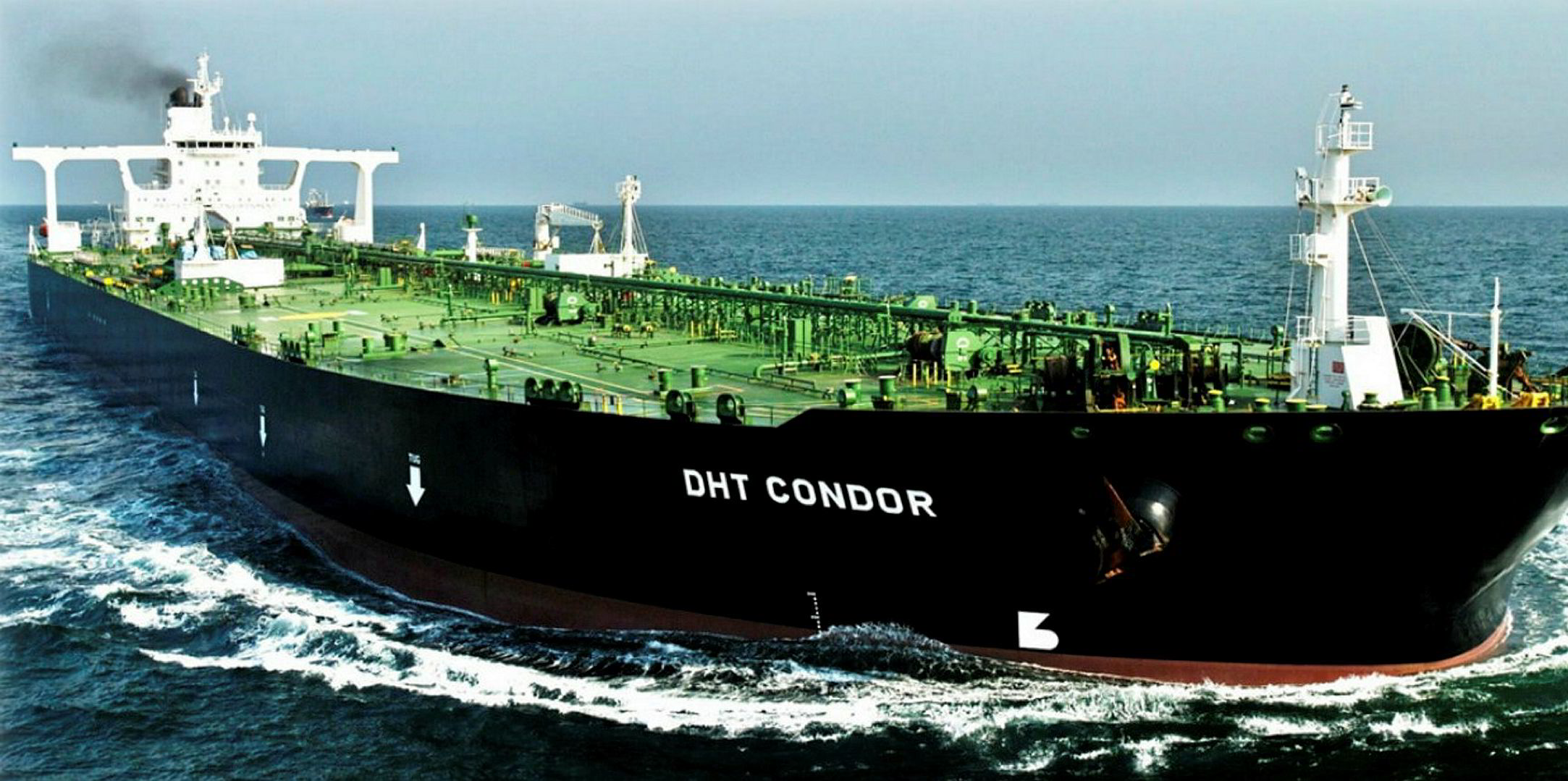Brexit and the US-China trade war have altered long-haul crude tanker flows, with China and South Korea effectively swapping their barrels, according to an oil expert.
Chinese refiners have significantly cut their purchases of US crude, while hiking imports of UK barrels since the second half of last year. Their South Korean counterparts have done almost exactly the opposite, government and industry data shows. Those trades generally utilise VLCCs.
This is because the light crude from the US and the Forties grade exported from the UK are of similar grades, allowing the two major Asian consuming nations to adjust their intake in the face of geopolitical changes, Argus Media vice-president Alejandro Barbajosa said.
Amid the trade tension between the world’s largest and second largest economies, US crude exports to China dropped to zero after averaging 378,000 barrels per day in the first seven months of 2018, the Energy Information Administration said.
Meanwhile, VesselsValue records 22 VLCC shipments from the UK to China in the second half of last year, compared with 10 in the first half.
“With the trade tension, China is buying Forties barrels [from the UK],” Barbajosa told TradeWinds on the sidelines of an Argus forum.
The Forties barrels have become available because of lower demand from South Korea, according to Barbajosa. Data from VesselsValue shows only two VLCC shipments from the UK to South Korea in the final quarter of last year, versus 12 during January-September.
After Brexit, UK crude will face a 3% import tariff in South Korea, currently waived under the Asian consumer’s free trade agreement with the European Union.
“The Korean [refiners] expect the competitiveness of Forties barrels to be reduced,” thus reducing imports, Barbajosa said.
With Brexit and the trade war neutralising each other, tonne-mile demand for crude tankers has not been much affected.
However, those longhaul trades will continue to evolve amid ever-changing market dynamics, according to Barbajosa.
Regardless of what kind of Brexit deal is reached between the UK and EU, Barbajosa does not expect South Korea to come back as a major buyer of Forties crude due to the tariff.
On the other hand, China—by far the world’s largest seaborne crude importer—is still adding refining capacity. With the US emerging as a top swing crude supplier, Barbajosa doubts whether China can continue to avoid US barrels for long.
“It’s difficult to see how in the long run China can remain not buying US crude,” he said.






